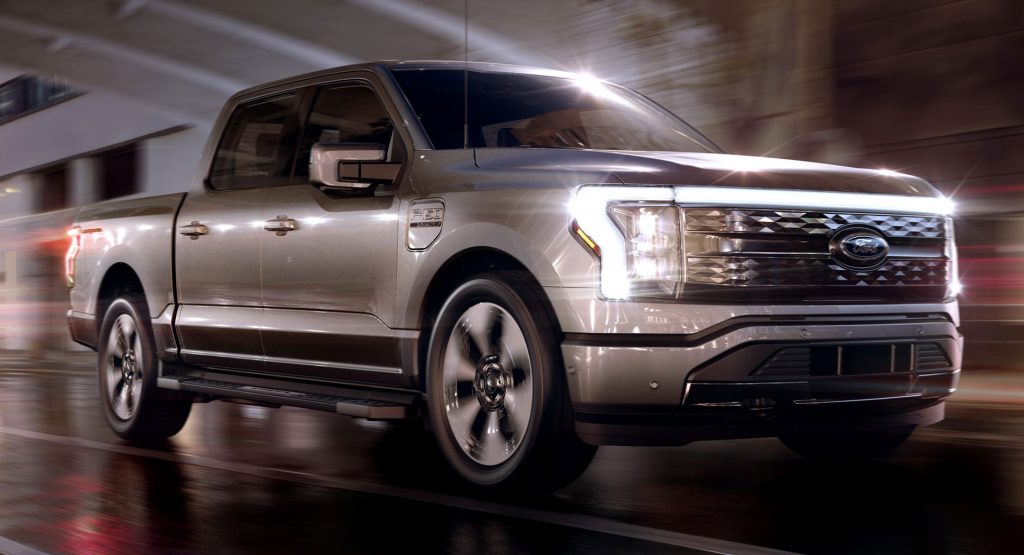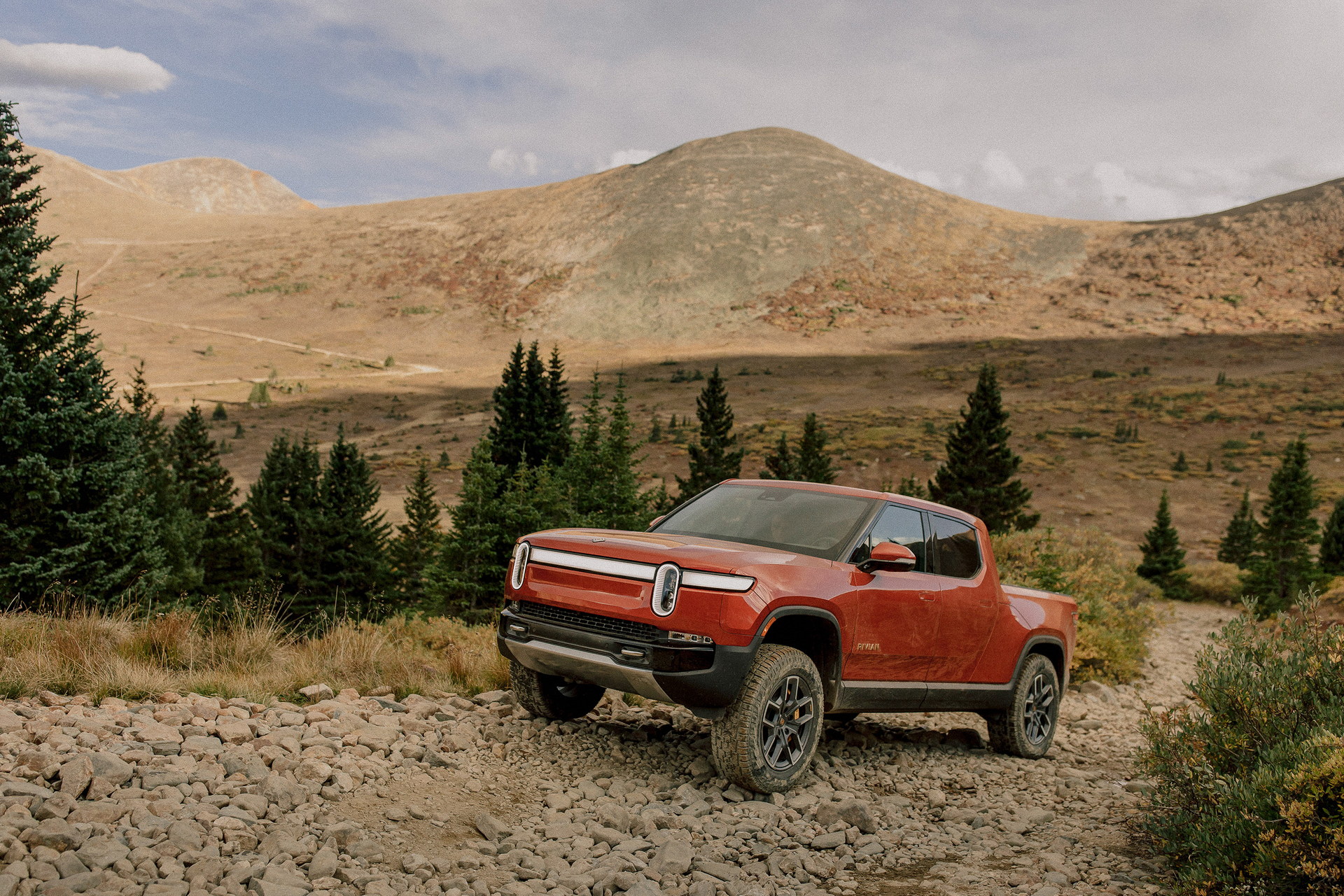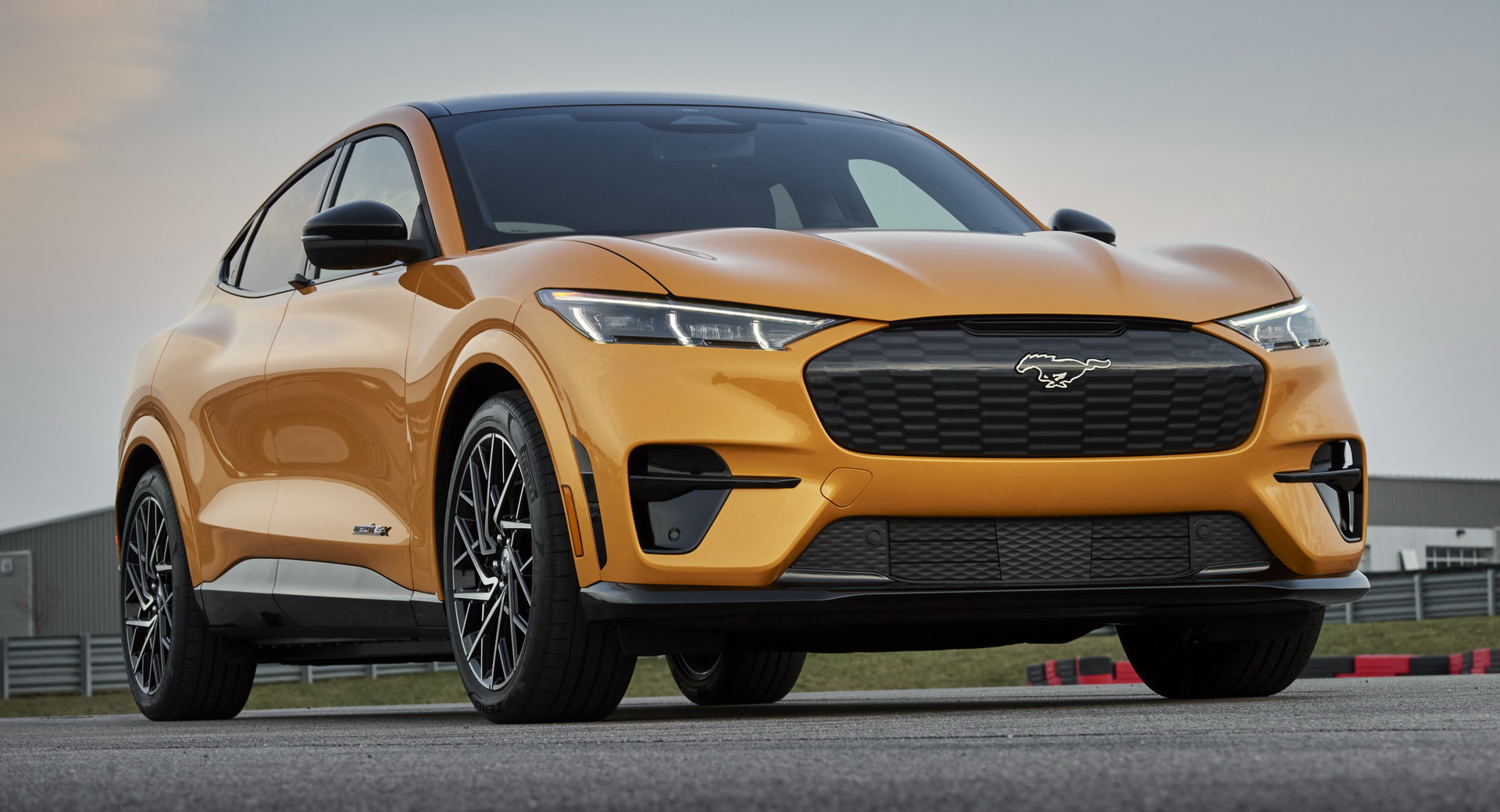Ford was an early supporter of Rivian, so it came as little surprise that Lincoln announced plans for a Rivian-based electric vehicle in January of 2020.
The model was slated to become Lincoln’s first electric vehicle and it promised to combine “stunning” looks with “effortless performance.”
However, a few months later, Lincoln and Rivian decided not to pursue the vehicle due to the coronavirus pandemic, which brought the world to a halt. Despite the death of the electric Lincoln, the companies said they would offer “an alternative vehicle based on Rivian’s skateboard platform.”
Also Read: Rivian-Based Lincoln EV Killed Due To Coronavirus
Fast forward to today, and the third time isn’t the charm as the joint project has been abandoned altogether. In an interview with Automotive News, Ford CEO Jim Farley said “We want to invest in Rivian – we love their future as a company – but at this point we’re going to develop our own vehicles.”
As he explained, a lot has changed since Ford made their investment in Rivian and they were originally unsure of their in-house capabilities. However, they now have “growing confidence in our ability to win in the electric space.”
Besides Ford’s improved EV capabilities, it appears building a Rivian-based model would have been a bit of a headache. As Farley noted, it’s a daunting challenge to marry one company’s electric architecture to another company’s software. There were presumably other issues as well and, at the end of the day, the companies decided the difficulties weren’t worth it.
While the project is dead, both automakers stressed their relationship remains on good terms. In Ford’s case, Farley described Rivian as “kind of like a brother or a sister” since they’re an investor and have gotten to know the company “really well.” He added working with Rivian resulted in some of the “best cooperation we’ve had with another company.”






